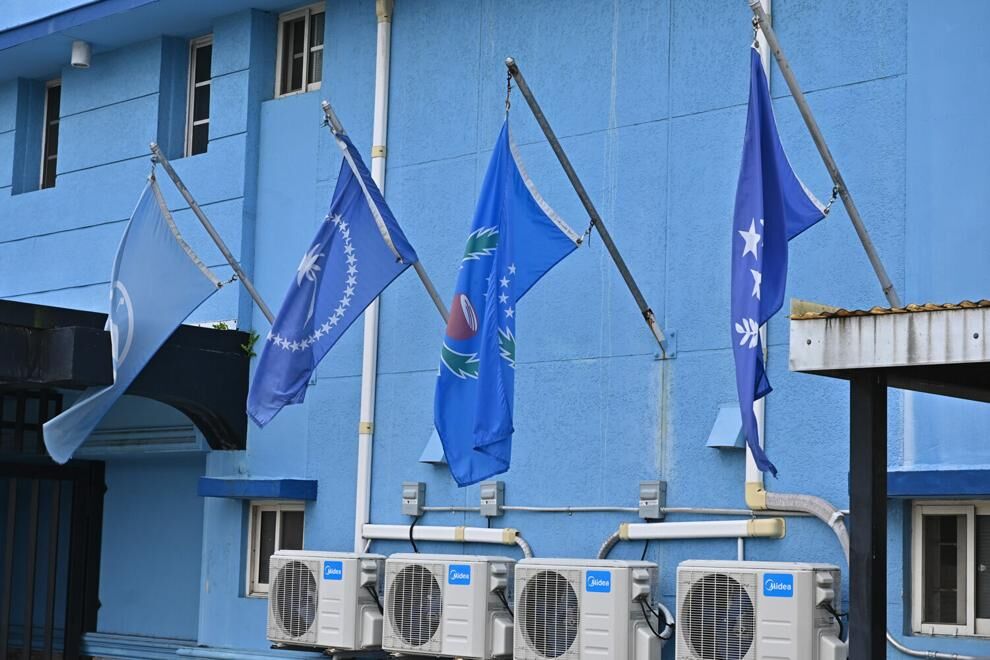HAGÅTÑA (The Guam Daily Post) — The President’s Advisory Commission on Asian Americans, Native Hawaiians and Pacific Islanders held its sixth public meeting in Honolulu on Friday, Guam time, spending several hours reviewing proposed policy recommendations related to immigration, economic equity, anti-discrimination and other matters.
It was the first time the commission held an in-person meeting outside of the continental U.S.
Robert Underwood, a former Guam delegate to Congress and former president of the University of Guam, was tapped to join the commission in 2021. He’s now a member of two subcommittees: the Immigration and Citizenship Status Subcommittee; and the Data Disaggregation Subcommittee.
One issue discussed related to Compacts of Free Association, or COFA, migrants – citizens from the Republic of Palau, the Republic of the Marshall Islands and Federated States of Micronesia that travel to the United States.
The problem the immigration subcommittee sought to address involved significant delays many of these migrants face trying to replace U.S. entry receipts, known as I-94 cards. It creates difficulty getting housing, jobs, driver’s licenses and unemployment insurance. At times, identification documents don’t match information in the e-verification system, which creates more problems.
Underwood said the I-94 cards were issued only in paper form up until 2014 and attached to the home country passport. If passports subsequently were renewed, it was hard to trace the original I-94. A $445 fee would be charged to find a copy of lost forms.
“Due to their particular immigration status in the United States, COFA migrants face multiple challenges to access work (and) government benefits, in part due to difficulties obtaining accurate I-94 forms, navigating the e-verification process and lack of general awareness … about their legal rights in the United States,” Underwood said.
Dr. Kimberly Chang, a commission member but not part of the immigration subcommittee, said the I-94 card issue was increasing health disparities because it was holding up a lot of employment for COFA migrants because the health insurance system in the U.S. is largely employment-based.
“And we know that there’s a lot of health disparities within our Micronesian populations, and that it would actually help a lot of the states and, hopefully, wanting to work in those states. So, we need to get this done so that they can also have downstream effects, like getting health insurance,” Chang said.
The proposed recommendation to address the I-94 issue was for the Department of Homeland Security to streamline and expedite the process for accessing and/or replacing lost or distorted I-94 cards, with a turnaround time of less than three weeks. The committee also proposed the commission recommend that Homeland should exempt or waive fees for COFA migrants who apply for replacement I-94s.
It was ultimately approved as a recommendation to make to the president, along with several other proposed recommendations discussed Friday.

State flags fly at the Federated States of Micronesia Consulate Office Sunday, May 7, 2023, in Harmon. From left, the flags represent the FSM states of Yap, Chuuk, Pohnpei and Kosrae.











